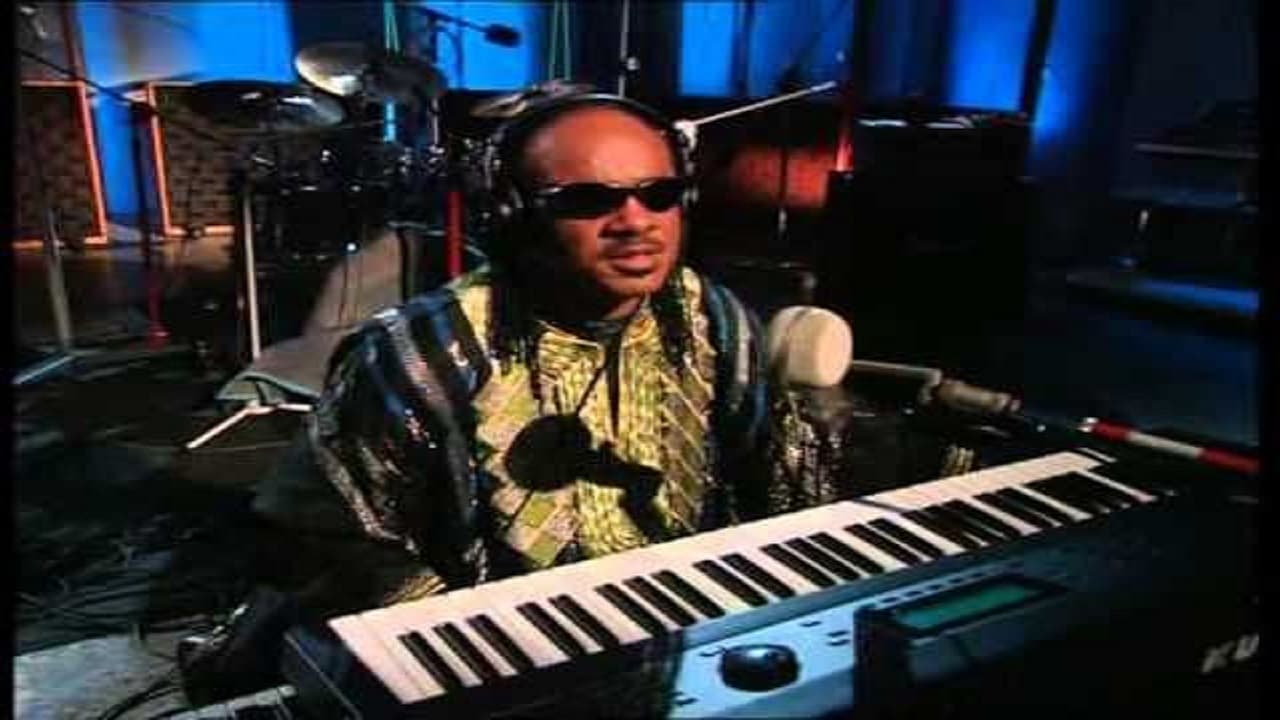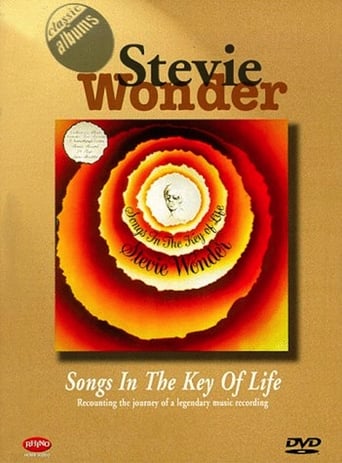Sarita Rafferty
There are moments that feel comical, some horrific, and some downright inspiring but the tonal shifts hardly matter as the end results come to a film that's perfect for this time.
petershelleyau
This Classic Albums episode reunion of Stevie Wonder and the musicians who contributed to his 1976 album Songs in the Key of Life feels overlong and somewhat self-indulgent, which isn't a surprise since Wonder co-produced.
We get to-camera interviews with Wonder, Berry Gordy, Herbie Hancock, Quincy Jones, Gary Byrd, Coolio, Aisha Morris and Yolanda Simmons, and engineers John Fischbach and Gary Olazabal. We also see period photographs, live performancs of "Sir Duke" and "I Wish", and as well as deconstruction of other songs like "Isn't She Lovely", "If It's Magic", "Pastime Paradise", "Saturn", "Village Ghetto Land", and "Black Man". "I Wish" is actually deconstructed so much that you may not want to hear it again for a while, particularly as Wonder's music doesn't have the depth of great art. However the borrowing of "Pastime Paradise" as template for Coolio's "Gangster's Paradise" is probably the most interesting subject, complete with footage from the video clip featuring Michelle Pfeiffer.The album is placed in the perspective of Wonder's career, being a concept album that took 3 years to produce and delivered 1 year later than expected to Motown, and it's success led to Wonder's renewal of contract with the label. We get to see Wonder performing on drums, which is unusual, but unfortunately his to-camera interviews are undermined by the bumps on his forehead.Quincy Jones is pompous speaking of Wonder as an artist who is a "terminal" of God's creativity, and director David Heffernan uses slow motion, freeze frame, and hand-held camerawork.

